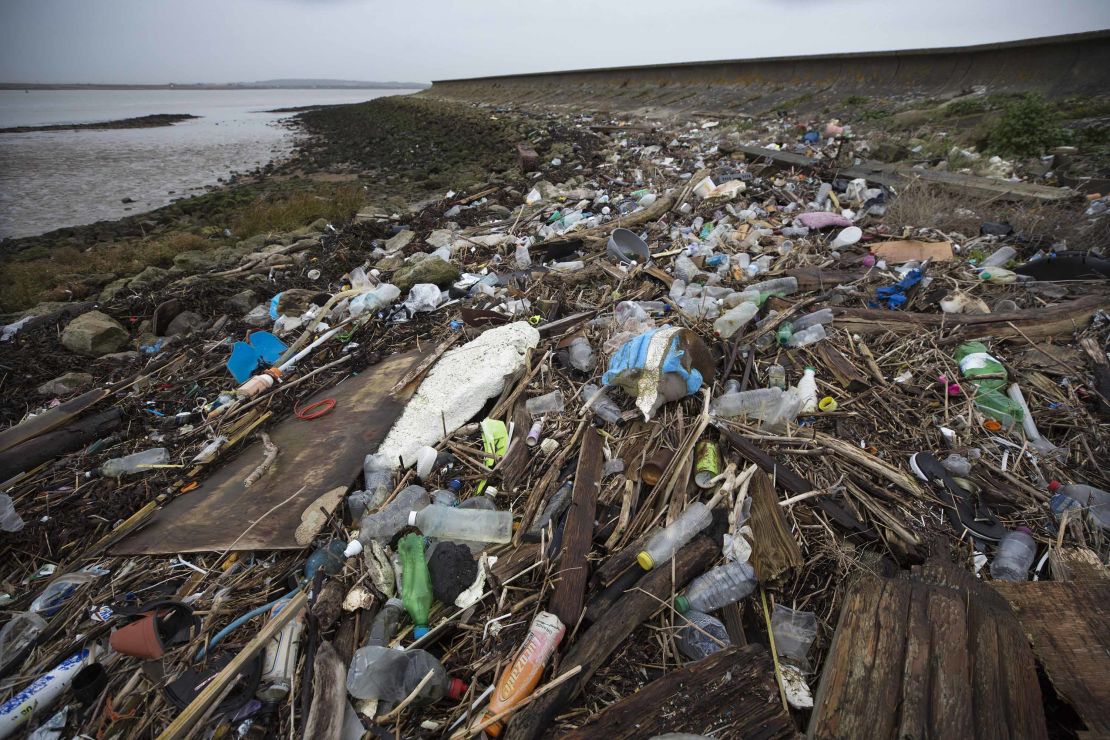Plastic straws, stirrers and cotton buds will be banned in England from April 2020 as part of plans designed to drastically reduce plastic waste.
The UK government confirmed the ban Wednesday after an open consultation with the public, according to a statement from environment officials.
Officials estimate that 4.7 billion plastic straws, 316 million plastic stirrers and 1.8 billion plastic-stemmed cotton buds are used in England each year, with 10% of cotton buds disposed of down the toilet.
“Urgent and decisive action is needed to tackle plastic pollution and protect our environment,” said Environment Secretary Michael Gove.

“These items are often used for just a few minutes but take hundreds of years to break down, ending up in our seas and oceans and harming precious marine life.”
The ban will include exemptions for those who require plastic straws due to medical needs or disabilities, with registered pharmacies allowed to sell them and restaurants, pubs and bars keeping a stock they will be able to provide to customers on request.
It is hoped the measures will be able to reduce plastic pollution in the oceans, which kills more than 100,000 sea mammals and one million birds each year.
There are 150 million metric tons of plastic in our oceans, and that figure will treble by 2025, according to the statement.
“Stopping the production and distribution of these single-use plastic menaces will prevent them from polluting beaches nationwide,” said Hugo Tagholm, CEO of Surfers Against Sewage.
“It’s a really positive and bold step in the right direction in the battle against plastic pollution.”
Further steps include a proposed UK tax on plastic packaging that contains less than 30% recycled content, which is currently in a consultation period.
And global action to tackle the plastic waste crisis is increasing.
Earlier in May the governments of 187 countries agreed to control the movement of plastic waste between national borders, although the United States was not among them.
The move will prevent developed countries sending their plastic waste to developing nations for disposal, which activists argue has turned the latter into “dumping grounds.”
The new international move is “a highly welcome step towards redressing this imbalance and restoring a measure of accountability to the global plastic waste management system,” said the World Wide Fund for Nature (WWF).
The (devolved) governments of Scotland and Wales are also considering similar measures.





